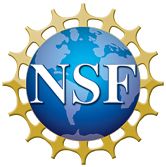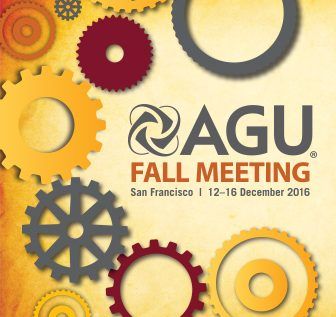White et al., 2016
Critical Zone Observatories: Platforms for Collaborative Science
White, T.S., McDowell, W.H., and Brantley, S.L. (2016)
2016 Fall Meeting, American Geophysical Union, San Francisco, CA, 12-16 Dec.
-
National, Shale Hills, INVESTIGATOR, STAFF
-
Luquillo, INVESTIGATOR
-
National, Eel, Luquillo, Shale Hills, INVESTIGATOR, COLLABORATOR
Abstract
Critical Zone Observatories (CZOs) are natural laboratories for investigating Earth surface processes. CZO research seeks to understand these coupled processes across all timescales using quantitative models parameterized from observations of meteorological variables, streams, and groundwater, and sampling and analyzing landforms, bedrock, soils, and ecosystems. Teams of cross-disciplinary scientists at nine sites across the United States work to further CZ science using field and theoretical approaches, education and outreach. The U.S. network now includes a national office and funds to develop international collaborations, and currently is working to develop strong ties with other U.S. entities including the LTER network and CUAHSI.
In this town hall the CZO community seeks to engage the greater Earth surface and environmental science community through: 1) a brief update on the recent development of a strategic plan for the U.S. CZO network, and a status report of international CZ science activities; and, 2) a presentation by CZO researcher(s) highlighting important advances that could not have been made without the CZO approach. All scientists interested in problems related to the surface Earth environment are invited.
Citation
White, T.S., McDowell, W.H., and Brantley, S.L. (2016): Critical Zone Observatories: Platforms for Collaborative Science. 2016 Fall Meeting, American Geophysical Union, San Francisco, CA, 12-16 Dec..
 This Paper/Book acknowledges NSF CZO grant support.
This Paper/Book acknowledges NSF CZO grant support.
Explore Further




